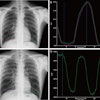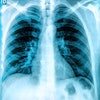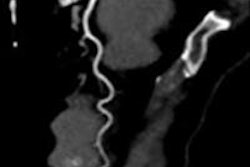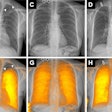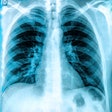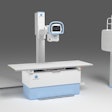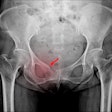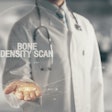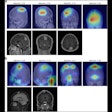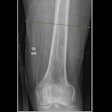New interventional cardiac catheterization services duplicate existing programs and do not improve patients' access to emergency cardiac care, according to a new study published online July 9 in Circulation: Cardiovascular Quality and Outcomes.
Researchers from Rand and Tufts University Medical Center found that new cardiac catheterization programs launched nationally from 2004 to 2008 were most likely to be introduced in areas that had existing services, near populations that had higher rates of private health insurance and in states where there is little oversight of hospitals.
Lead author Thomas Concannon, PhD, and colleagues found that new interventional cardiac cath programs have not been located where they can help patients gain timely access to needed services.
Concannon's group discovered that while the number of cardiac cath programs at the nation's acute care hospitals increased by 16.5% from 2004 to 2008, the percentage of the U.S. population with timely access to heart catheterization services increased by only 1.8%. The team estimated that the 251 new cardiac cath programs created during the study period cost $2 billion to $4 billion.
The researchers offered three approaches to improve access to cardiac catheterization services while curbing duplication of services:
- Introduce voluntary systems where hospitals and emergency medical providers work to provide services to more people while avoiding duplication
- Reduce payment for services to discourage duplication of cardiac cath programs
- Require state review and approval of plans to establish cardiac cath labs or similar technology

